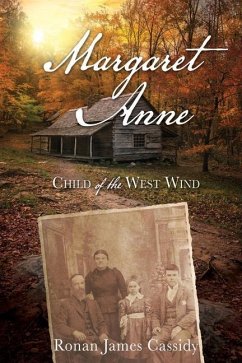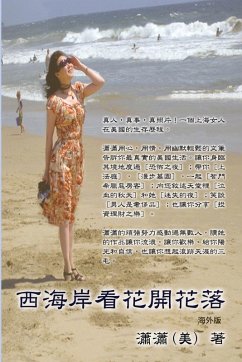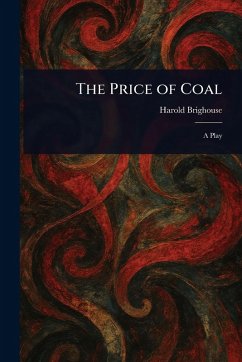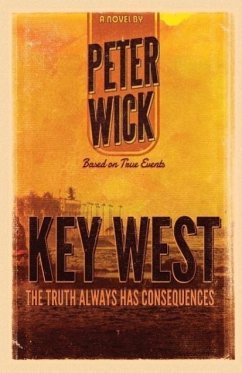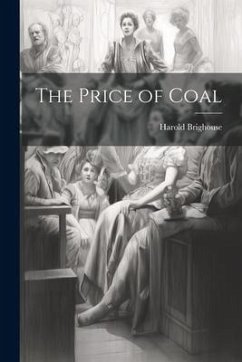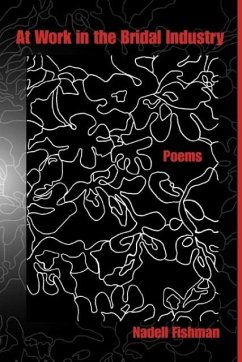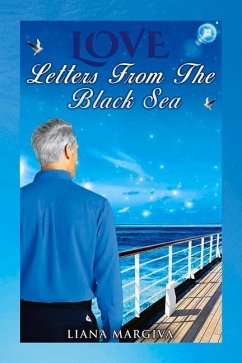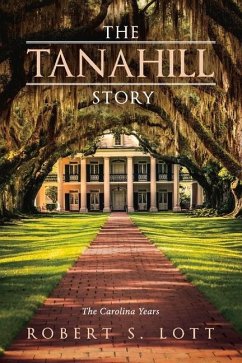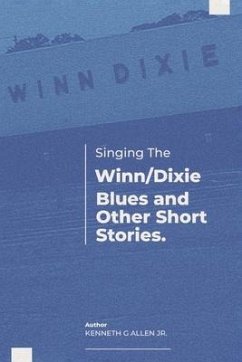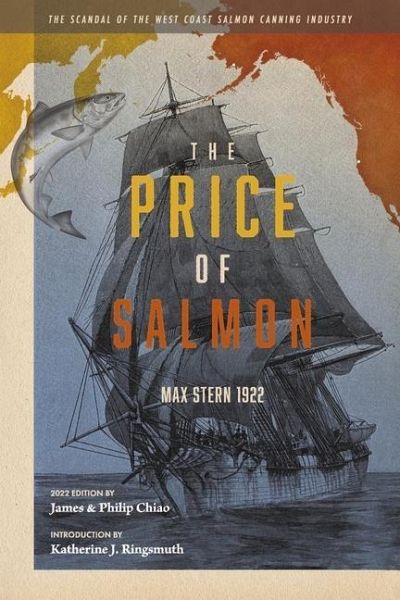
The Price of Salmon: The Scandal of the West Coast Salmon Canning Industry
Versandkostenfrei!
Versandfertig in über 4 Wochen
14,99 €
inkl. MwSt.

PAYBACK Punkte
7 °P sammeln!
In 1922, San Francisco Daily News investigative journalist, Max Stern, posed as a down-on-his-luck cannery workers to uncover corrupt hiring practices and deplorable labor conditions employed by Chinese contractors and Alaska salmon canners. Stern's collective articles spotlighted the discrimination, exploitation, profiteering, and mistreatment of cannery crews and exposed the corrupt, abusive practices of the labor contract system. More real than fiction, Stern's adventure aboard a "Hell Ship" to Alaksa was filled with suspense and drama. It was a deep dive into of the underworld of the salmo...
In 1922, San Francisco Daily News investigative journalist, Max Stern, posed as a down-on-his-luck cannery workers to uncover corrupt hiring practices and deplorable labor conditions employed by Chinese contractors and Alaska salmon canners. Stern's collective articles spotlighted the discrimination, exploitation, profiteering, and mistreatment of cannery crews and exposed the corrupt, abusive practices of the labor contract system. More real than fiction, Stern's adventure aboard a "Hell Ship" to Alaksa was filled with suspense and drama. It was a deep dive into of the underworld of the salmon canning trade, populated by greedy owners, corrupt contractors, and Chinese Gang of many races, tongues, and nationalities. Desperate men were pressed to surrender to "Man's inhumanity to man.". It is a remarkable piece of journalism and literature of the American West in the early 20th Century.



